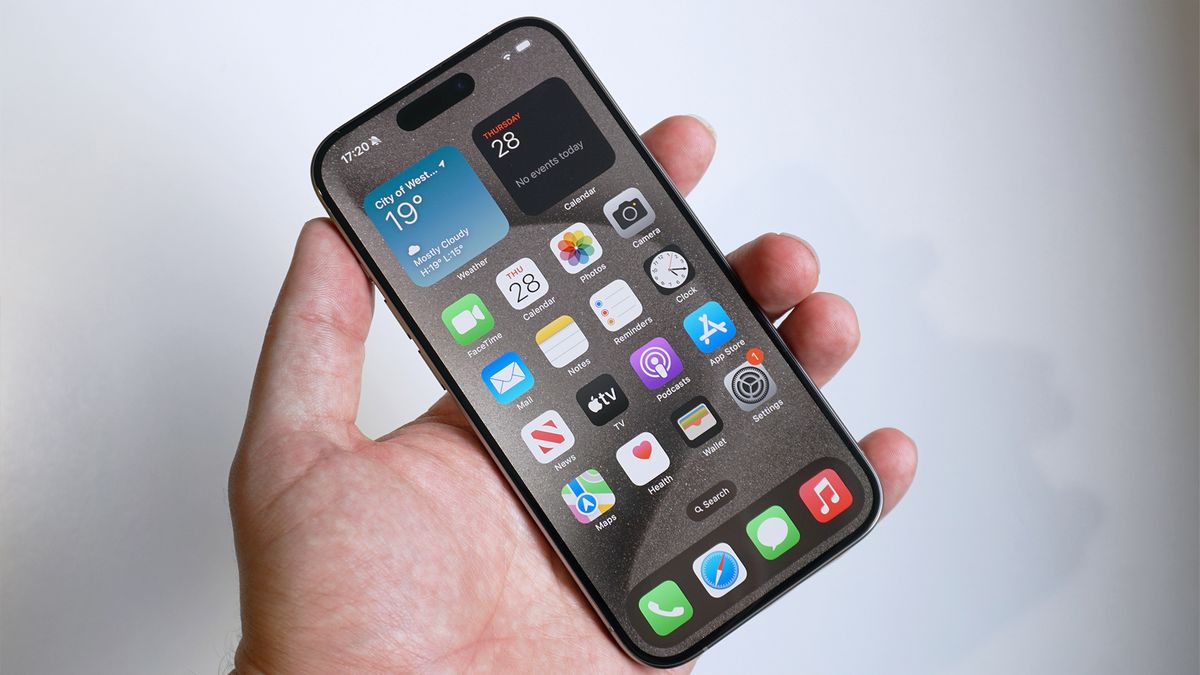Intel has clarified that its laptop processors are not affected by the instability issues that have been widely reported on desktop computers with 13th and 14th generation Core i9 CPUs.
Team Blue was forced to issue a statement to Digital Trends after the tech site reported that Alderon Games (developer of Path of Titans, a dinosaur-themed MMOG) founder Matthew Cassells observed seemingly similar crashing issues with mobile CPUs.
Cassells noted: “Yes, we have several laptops that have failed with the same issues. It’s just a bit rarer than desktop CPU failures.”
In response to this, Intel told Digital Trends: “Intel is aware of a small number of reports of instability on 13th and 14th Gen Intel Core mobile processors. Based on our in-depth analysis of reported instability issues on 13th and 14th Gen Intel Core desktop processors, Intel has determined that mobile products are not at risk of the same issue.”
“The symptoms being reported on 13th and 14th generation mobile systems (including hangs and crashes) are common symptoms that stem from a wide range of potential software and hardware issues. As always, if users are experiencing issues with their Intel-based notebooks, we encourage them to reach out to their system manufacturer for further assistance.”
Analysis: Intel insists there are no similar problems in the mobile sector
So there you have it. We’ve seen reports of desktop CPU instability going beyond Core i9s and lower-tier processors too, but this hasn’t been acknowledged by Intel – although this latest surge of reported issues with mobile chips definitely has. In fact, Intel has been very quick to fight back in the laptop space, which is perhaps unsurprising given how many laptop chips the company sells (a ton and a half).
In short, Team Blue tells us that common crashes experienced on 14th and 13th Gen laptop CPUs are being misdiagnosed as issues related to desktop instability problems, so nothing to see here, let's move on.
Digital Trends previously theorized that perhaps the flagship HX chips – the fastest in Intel’s mobile lineup, as seen in some of the best gaming laptops – could be affected, but Intel is pretty clear here that this isn’t the case based on its in-depth research that’s been going on for some time now.
We’re still waiting on the revelations and the full picture from that investigation, but the longer this drags out, the worse things look for Intel, and as we’ve discussed before, it’s also casting a shadow over the launch of next-gen Arrow Lake processors. And those chips are already in trouble with AMD’s Zen 5 launching much sooner and with plenty of promise as a next-gen rival.
Via VideoCardz









